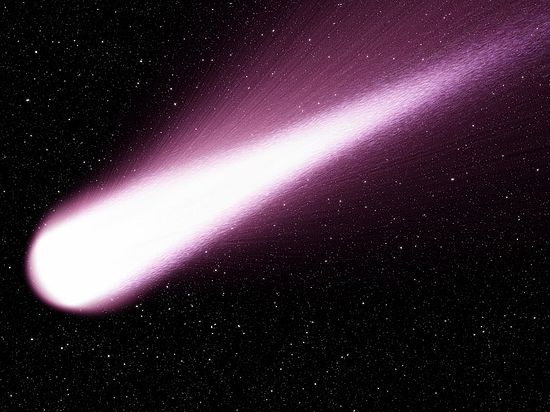Lake Cheko in the Krasnoyarsk territory is not a crater.
Today at 12:53, views: 1402
Though experts have only a small amount of information about the Tunguska meteorite, the celestial body from the moment of his fall for more than a century ago, surrounded by a huge number of legends and theories. Recently, scientists from Krasnoyarsk and Novosibirsk denied one of these assumptions, according to which the lake Cheko in the Krasnoyarsk territory is a water-filled impact crater of the meteorite.

photo: pixabay.com
the fact that the lake could occur as a result of falling of a huge meteorite, previously announced Italian experts who worked in this area in the 90-ies of the last century. At this suspicion prompted scientists form and characteristics of the lake bottom.
Russian scientists from the Institute of Geology and Mineralogy SB RAS Sobolev studied the deposits on the bottom of lake Cheko and came to the conclusion that the age of some of them is about 280 years. The specialists say that it is only the deepest sediments of the taken for analysis, so the age of the lake may be much larger. Thus, the lake existed much earlier than the meteorite fell, then there could not arise as a result of his fall.
the Study was conducted with the use of radioisotope metodov — experts have studied the distribution in samples of radioactive elements cesium-137 and lead-210. To date, studies of Russian specialists in the search for reliable information about the meteorite continues.
it is Assumed that the Tunguska meteorite fell in the area of the river Podkamennaya Tunguska over a century ago and triggered a massive explosion, comparable to the most destructive of the ever exploding hydrogen bombs. The blast knocked down trees in a radius of about 40 kilometers and was recorded observatories around the world. Subsequently, on the territory from the Atlantic to Central Siberia a few days was observed intense glow of the sky and glowing clouds. However, went to the scene of the expedition succeeded in locating only a very small quantity of the substance of the meteorite, causing the space body still has the status of a “hypothetical”.
No comments:
Post a Comment